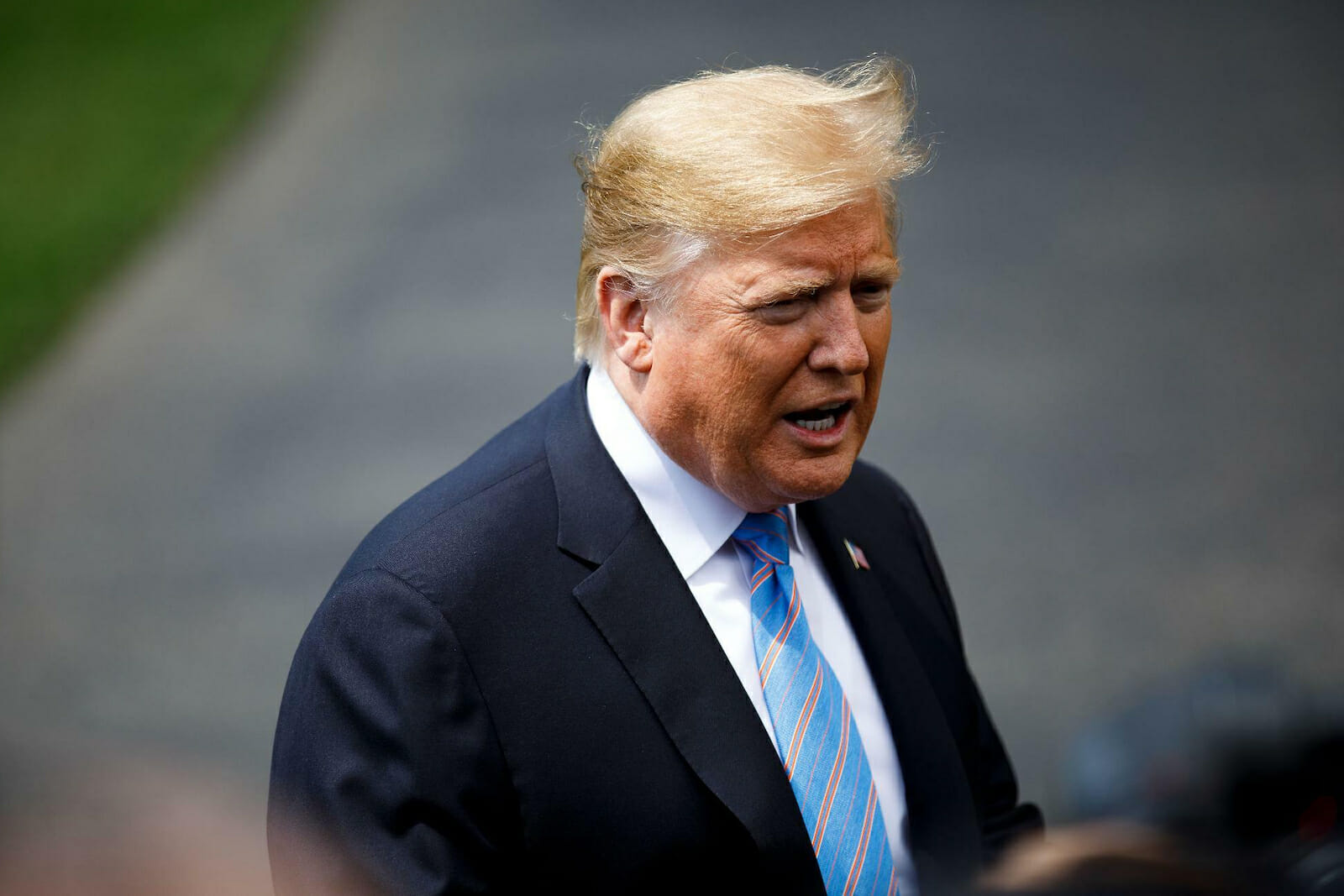
Is Trump Indirectly Sponsoring Domestic Terrorism in the U.S.?
A dangerous paradox is currently circulating in the media that says ‘Trump-inspired terrorism’ is on the rise, but Trump himself is not exactly to blame. The source of this paradox lies in the distinction between inspiring and causing or the ‘inspiration’ and the ‘causation.’ According to this paradox, to inspire is not necessarily to cause or in other words, inspiration is not necessarily conducive to action. At the very least, it exaggerates that inspiration is never unidimensional, thus Trump himself cannot be solely to blame.
Proponents of this interpretation frequently allude to the small number of proven ‘Trump-inspired’ domestic terrorists, the comparable number of left-wing, non ‘Trump-inspired’ domestic terrorists and foreign terrorists, and the multidimensional nature of inspiration for domestic terrorism where mental illness, social isolation, and various other factors collide.
Such an argument, however, is not only mistaken but dangerous as it ignores the inextricable link between inspiration and causation, whether that inspiration is multidimensional or not. State-sponsored domestic terrorism is alive and well in the U.S. under Trump. Anti-immigration and racism has characterised Trump’s presidency from the beginning, encouraging domestic white nationalists to commit terrorist attacks arguably on his behalf.
‘Trump-inspired terrorism’ is a direct result of the U.S. president’s racist rhetoric. Although this rhetoric is not unique to Trump, his deliberate public projection of it renders him guilty of sponsoring domestic terrorism. It is neither logical nor moral to suggest that Trump is exempt from blame in ‘Trump-inspired terrorism’ purely because he does not want terrorism to occur.
Before we delve into the evidence supporting ‘Trump-inspired terrorism’ in the U.S., it is necessary to refute one more core opposing argument – that far-right discourses have always existed in the U.S., and Trump has merely publicised them. The strength of this argument is in its undeniable truth, but its overly simplistic nature reduces its credibility. Of course, far-right ideologies have existed worldwide for centuries. Their intense politicisation under Trump, however, have increased their radicalising capabilities.
Since Trump’s election, far-right domestic terrorism has increased in the U.S. The recent El Paso shooting has simply reignited the debate on whether Trump and more broadly his Republican government, are indirectly sponsoring domestic terrorism through anti-immigration and racist discourses. The El Paso shooter referred to an imminent “Hispanic Invasion of America,” a fear derived directly from Trump’s radical U.S.-Mexico border policy, as justification for his attack.
Trump’s dehumanisation of immigrants and other racial groups provides justifications for at-risk individuals to resort to terrorism. The fact that Trump is the highest representative of the U.S. further exacerbates this.
In response to the violence that occurred at the ‘Unite the Right Rally’ in Charlottesville in 2017, a major public display of white nationalism and neo-Nazism, Trump argued that there were “very fine people on both sides.” This comment trivialised a clear example of domestic far-right terrorism by blurring the line between the obvious victims and their perpetrators. Defence lawyers of far-right terrorists on trial are even adopting a “Trump Defence,” in which they attempt to shift the blame onto the president’s provocative rhetoric.
Another example of Trump’s indirect sponsorship of domestic terrorism in the U.S. is his continued support of the status quo regarding gun laws despite their proven facilitation of domestic terrorism. The growing number of mass shootings in the U.S. is relative to the rise of far-right and white supremacist ideologies, yet Trump did not even consider reforming U.S. gun laws until the El Paso incident.
The U.S. Constitution makes changing the second amendment extremely difficult, but it does not prevent Trump’s government from enacting restrictive reforms in response to mass shootings. Although Trump recently stated that he was open to the prospect of reforms, he has since refused to elaborate. This is likely out of fear that he will lose his far-right supporters in the 2020 election. Refusing to address a national security issue out of personal political motives or beliefs is coincidental with facilitating far-right domestic terrorism.
Quashing the paradox of increasing ‘Trump-inspired terrorism’ that Trump himself is not causing requires acceptance of the impossibility of such a claim. If Trump is inspiring individuals with his discriminatory and racist rhetoric to radicalise to violence, then he is causing terrorism even if that is not his intended result. Trump is well aware of the repercussions of such rhetoric, combined with the current gun laws in the U.S. when it reaches the right individuals. Whether out of pride or guilt, however, he is not adapting his behaviour to soften the politically-charged domestic environment in the U.S.
In no way will Trump’s abstention from making further racist remarks or policy decisions solve the issue of domestic far-right terrorism in the U.S., but it will at least eliminate one major contributing factor. Eliminating the second amendment altogether or at least reforming gun laws, such as increasing and intensifying background checks or implementing ‘red flag’ laws to remove weapons from people at risk, would be the best way to reduce domestic terrorism in the U.S. Until that happens, however, Trump needs to acknowledge his own role and make amends with the groups whom he has singled out as targets.

